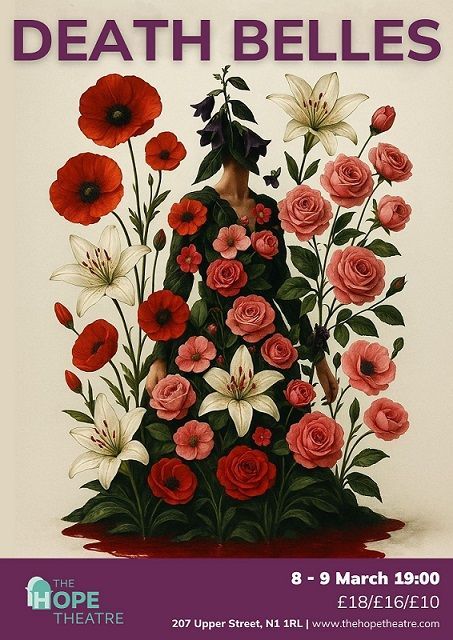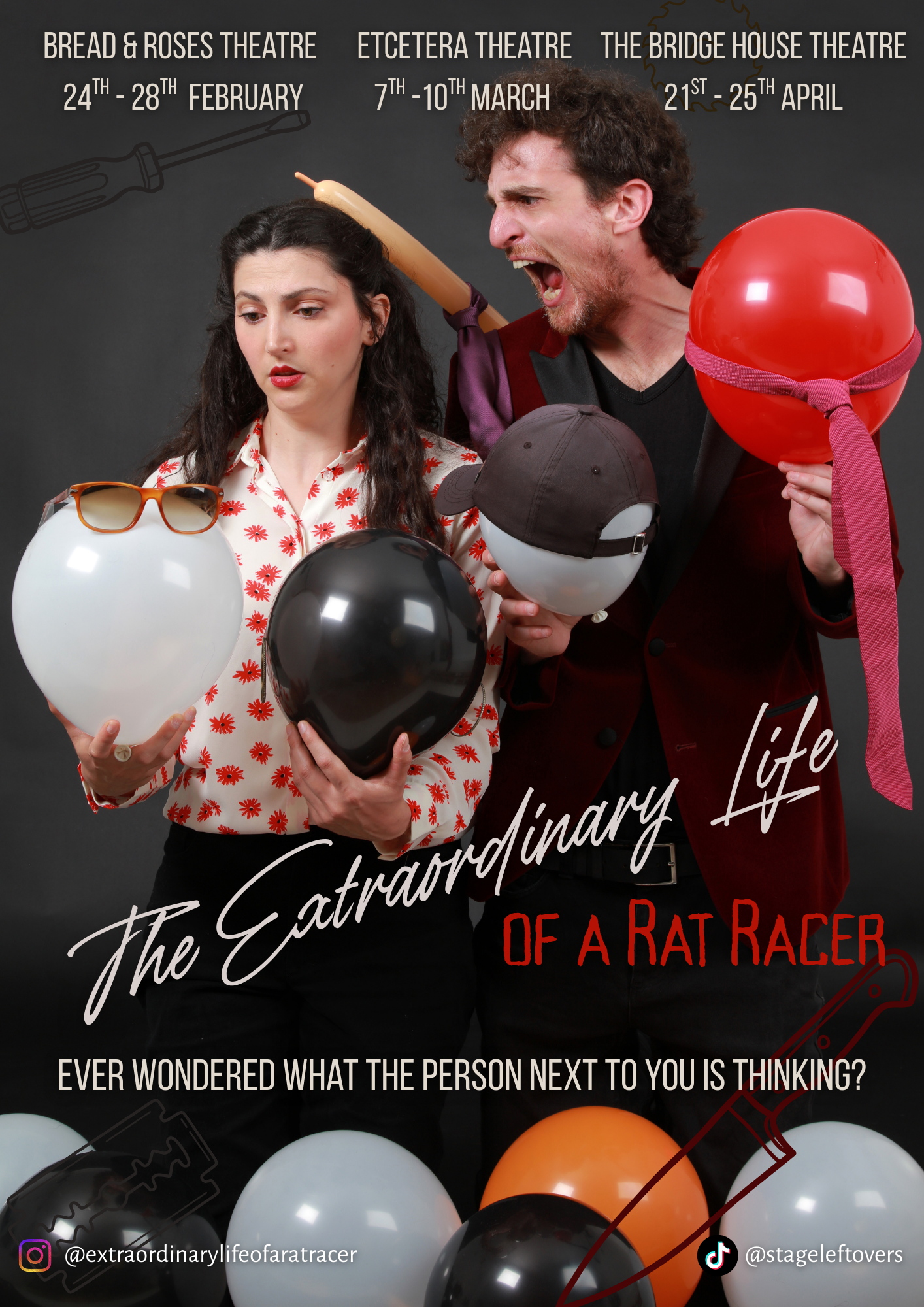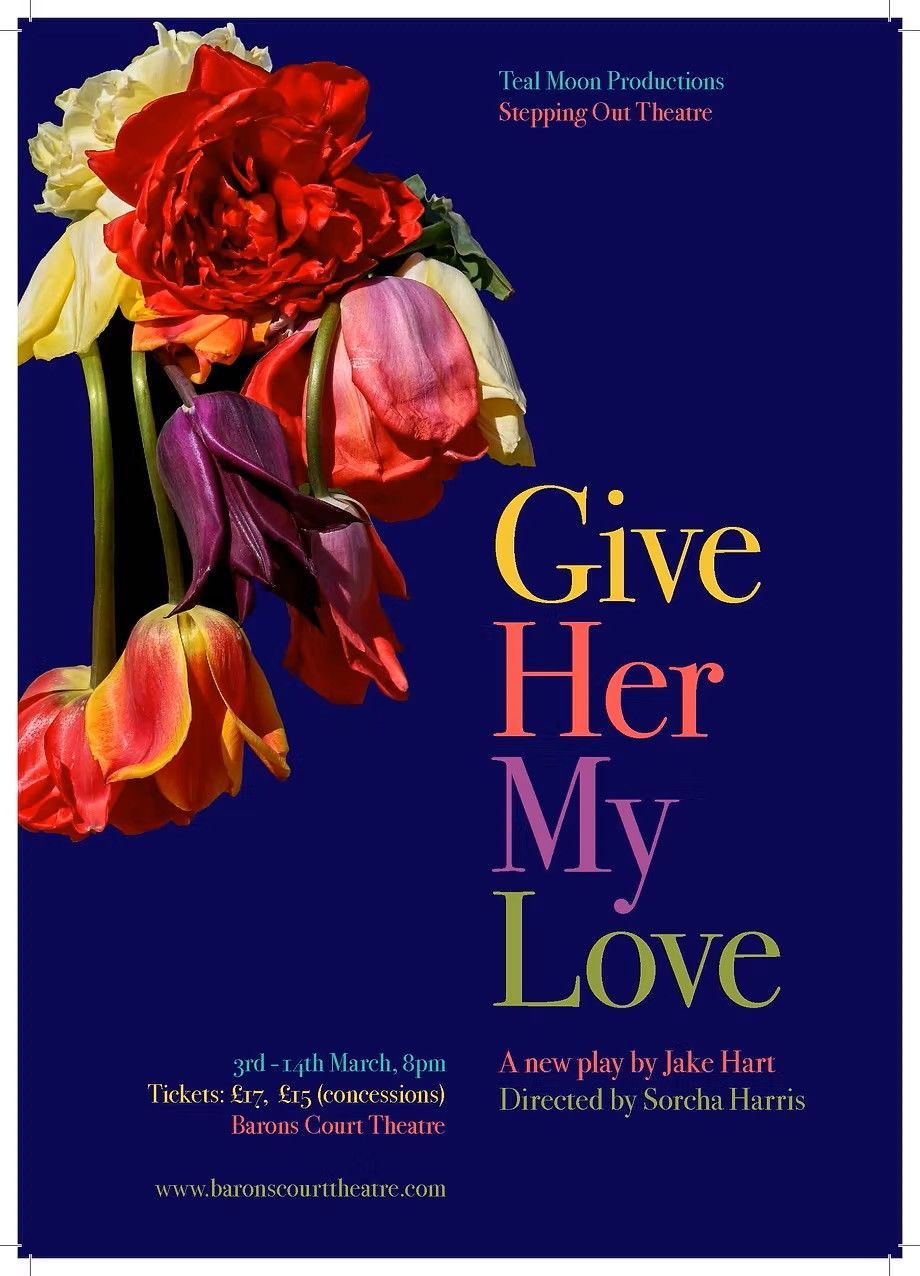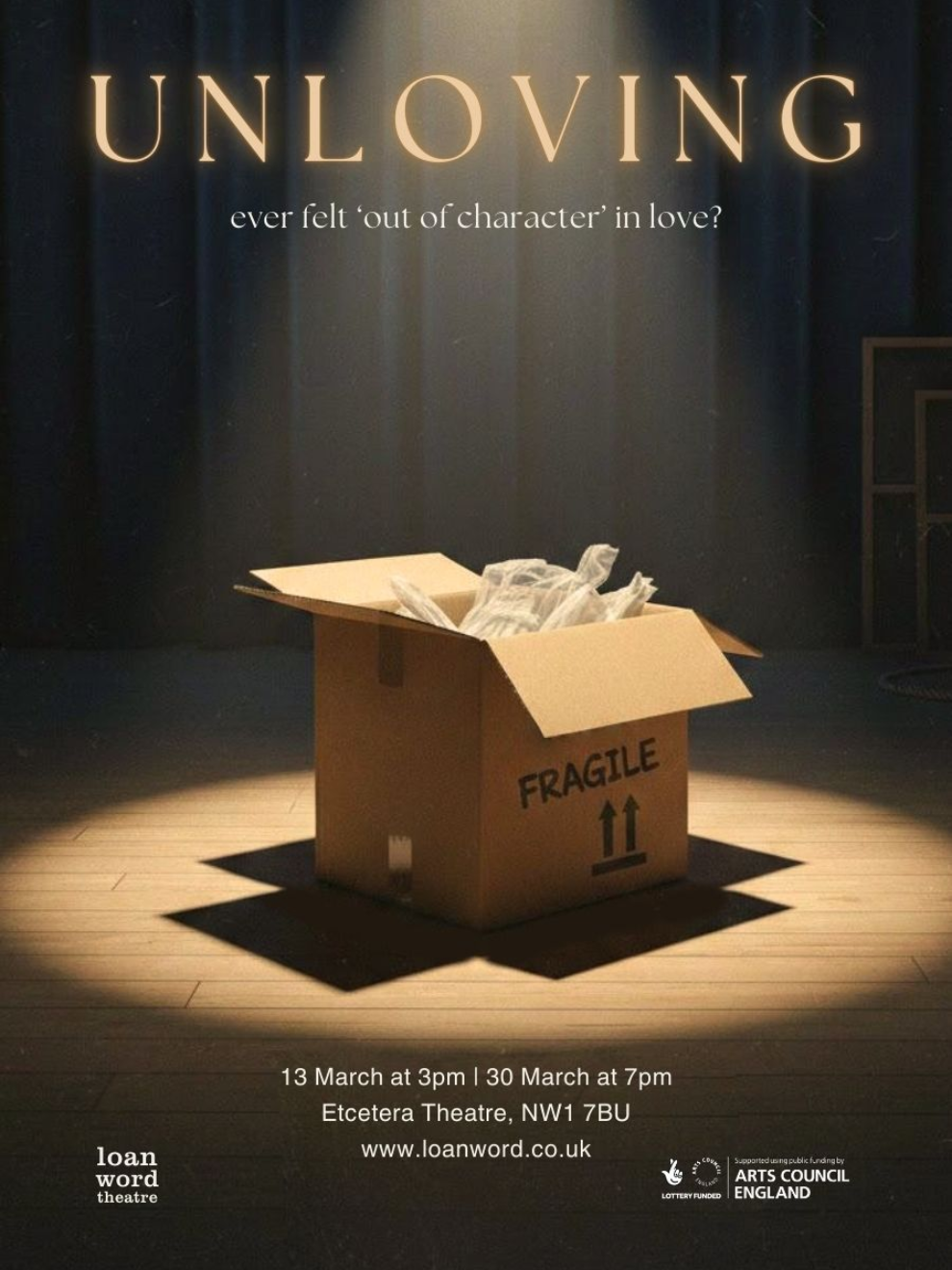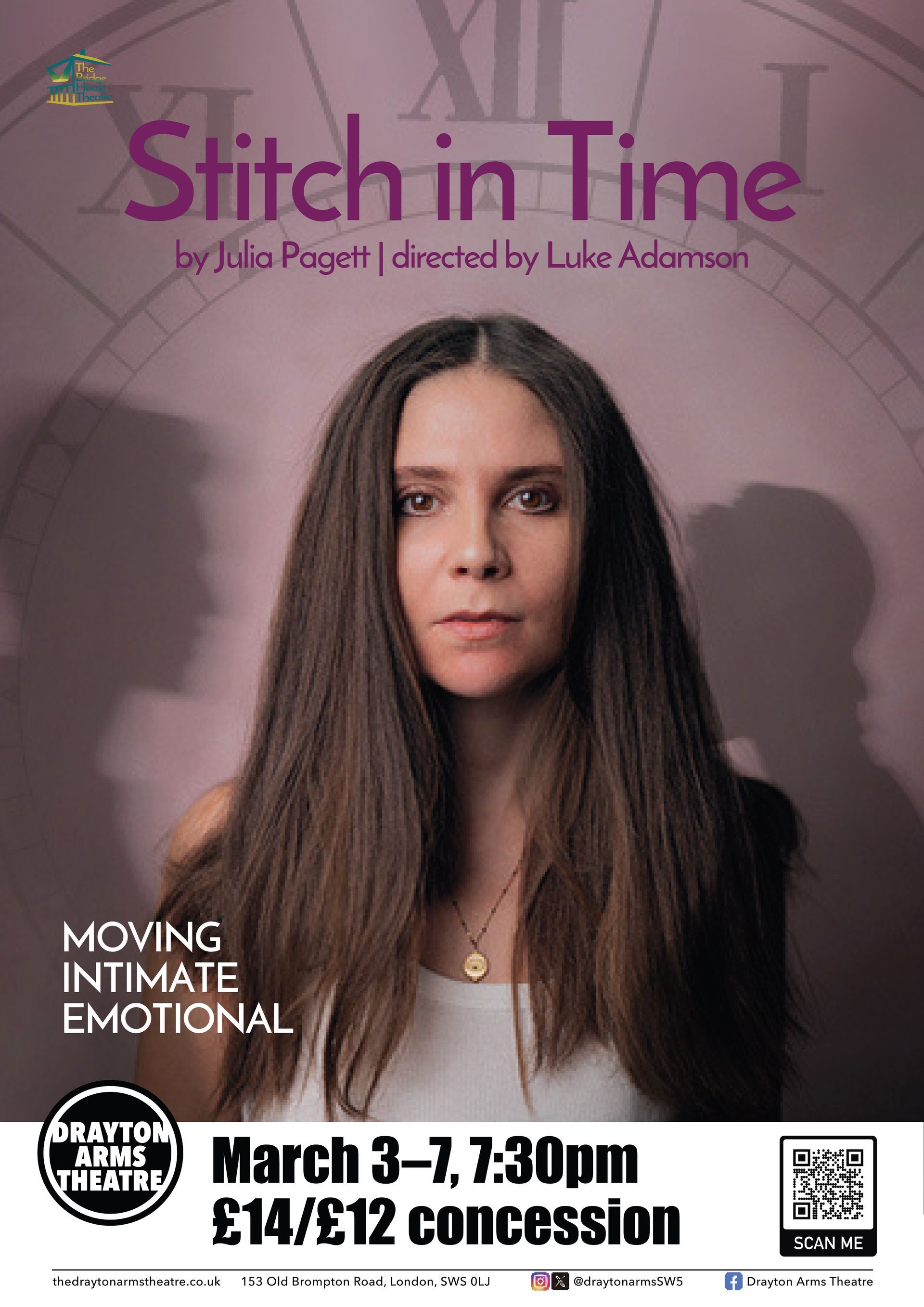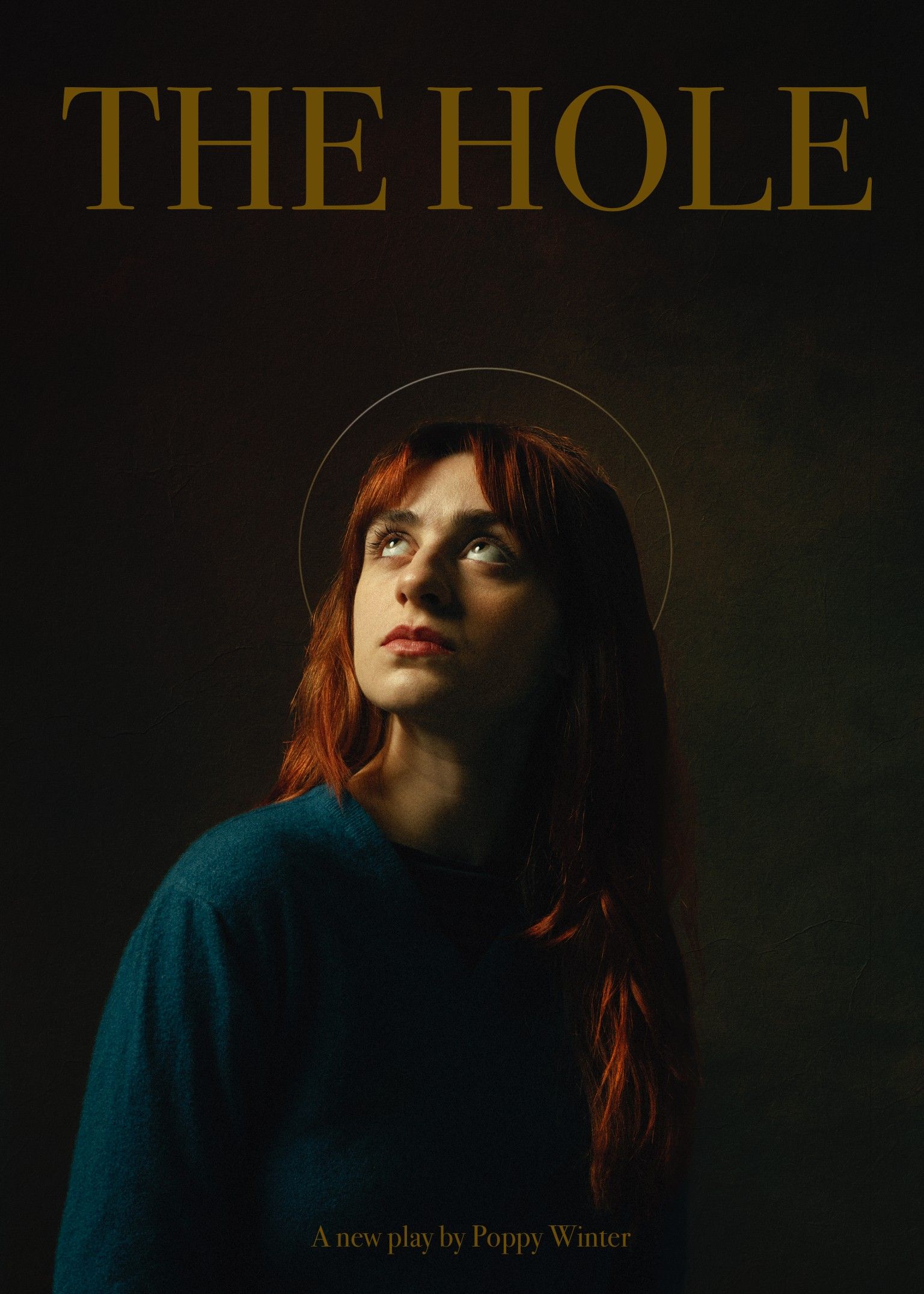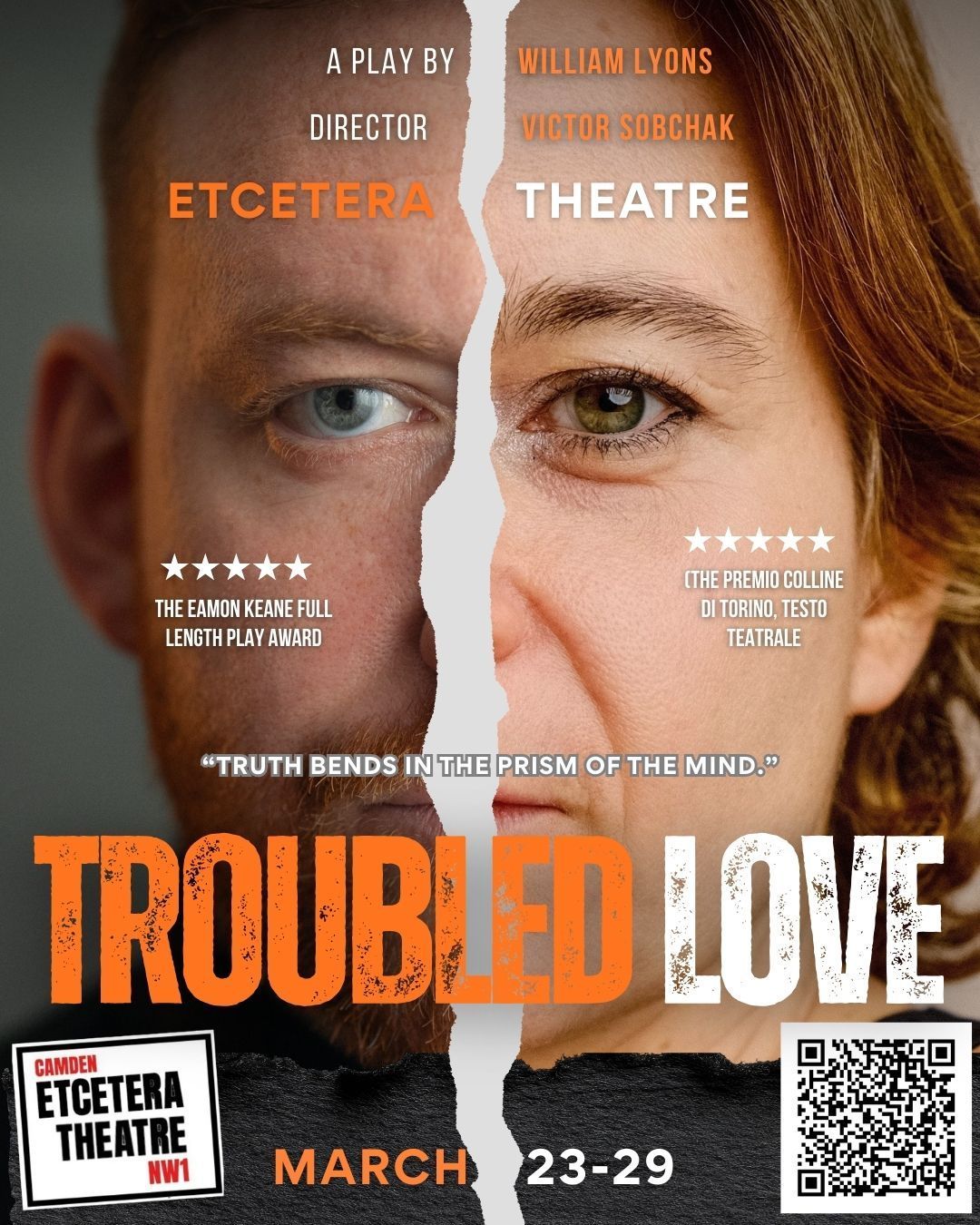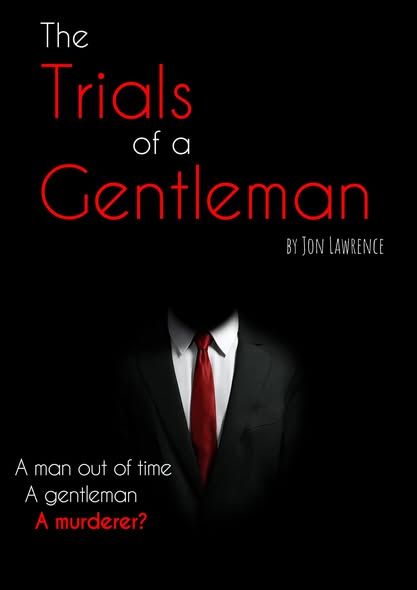Mark Ravenhill (Director) and David Eaton (Musical Director/Librettist) chat about their experience of opera leading to bringing this contemporary queer reinvention of Puccini’s Classic Opera to King's Head Theatre
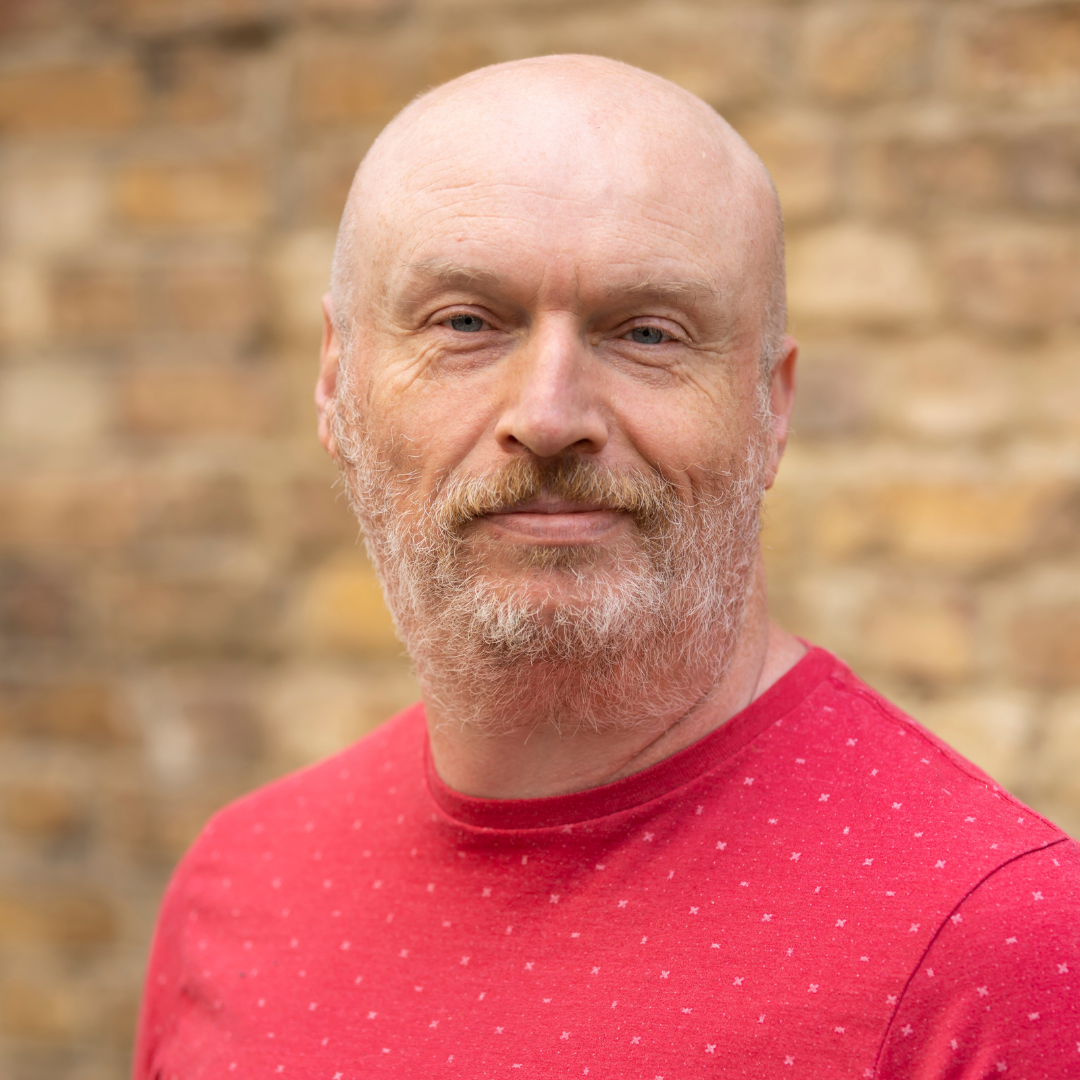
Mark Ravenhill (Director)

David Eaton (Musical Director/Librettist)
Musical Director David Eaton believes that opera has a massive issue and should ask itself: “When did opera last produce that new work which entered the cultural zeitgeist like Hamilton or Wicked?”. His new English libretto (co-written with Philip Lee) makes opera relevant to the lives we live today.
Director Mark Ravenhill admits that if he was forced to make a choice between drama and opera, he would choose the latter. ”It’s the absolute intensification and heightening of what a play is” he states, and adds that he believes opera ”is a play with added in singing whilst plays are operas which have lost the music.” Coming late to opera via working front of house at London Coliseum, Ravenhill experienced something akin to night school thanks to watching so much opera, and learning on the job from all those programmes discarded under seats. ”I went to a bog standard comprehensive with no musical education” says Ravenhill ”I feel almost ... bitter, but I’m glad I went to state school but the lack of music was real cultural impoverishment bordering on theft. ”
Eaton’s journey into opera started in the 60s and 70s when it was fashionable to have a home organ. “I obviously got one as a kid and thought ‘it’s got buttons on it, that’s cool’.” His aptitude meant that it wasn’t long before he was sent to lessons where he learnt the skills of a theatre/cinema organist and a conductor. He got involved in Opera during his training at Royal College of Music and he’s been in musical theatre and opera ever since then.
“There’s no difference between the two” says Eaton “it’s really unhelpful to think of them as high and low art, rather that the stories are told in a slightly different language”. He strongly believes that opera has an image problem considering its obsession with repeating past programmes. “It’s the same 10 operas 60 percent of the time” he says. “Opera needs to take stock about its appeal and find ways to bring new work and pieces of new imaginings which speaks to people now: Carmen being beaten up by her husband does not speak to people of today, it’s horribly misogynistic, so too is Mozart’s Cosi Fan Tutte which actually means ‘so do all women’.”
This new La Bohème is a contemporary queer reinvention of Puccini’s classic opera. Well known for championing LGBT rights Ravenhill found a way to turn his passion for opera into work, chatting to people in the staff canteen at The Coliseum resulted in assisting at Opera East. Then, he directed a middle scale opera in 1994 touring to 40 civic theatres with an orchestra and 16 young professional singers. “Very exciting times” he says.
Both men came to La Bohème without having seen a production which both have found beneficial. Eaton came to La Bohème when he worked on it at Rosemary Branch pub theatre with Stuart Barker’s British Youth Opera. Listening to recordings of pieces only after he’d worked on it, so that he was making his own decisions. “What Puccini is extremely good at is shared with musical theatre; he knows how to tell a good story with a good pace” says Eaton. “Wagner was not a master on theatrical pace” he jokes. “He doesn’t care about theatrical pace, arrogant twat!” he laughs. Eaton says that the Puccini’s La Bohème reads like a film, his tunes have lyricism. “The sweep is just gorgeous, and it provides good drama” says Eaton “it’s almost a cynical command of being able to make you cry; he knows what he’s doing bringing back the melody just there ‘that’s the moment I’m going to make my audience cry’”.
Ravenhill hadn’t seen the opera when he directed it in 1994. At that time there was not much opera on video so Ravenhill got a few different recordings and the score so that he could “follow the dots”. He can ‘read’ the music by looking at the high or low bar markings, where it’s fast or slow, and by following the words. If his playwriting had not taken off, he says that he would have gone to night school to learn music theory and study languages (Italian, German and Czech). What surprises him about La Bohème now is that although he was much closer to the character of the struggling artists back then, he didn’t relate to the opera at that time. Ravenhill sees himself as a bohemian who made money. He always knew that he wanted to work in theatre and never considered the 9 to 5. Some of his jobs pay well, very well or next to nothing. He doesn’t have a set rate and he doesn’t have a routine. He can be working at two in morning, four intensive days or four days of doing nothing. When he saw La Bohème at the Coliseum recently his feelings towards the opera had changed. “I related to Rodolfo meeting Mimi” reflects Ravenhill. “You meet a new boyfriend but you’re on the way to meet friends, so how do you introduce them? - I remember how that felt.”
Engaging a Tenor for the role of Robin (Rodolpho) is extremely tricky. “Finding Rodolpho is already like looking for a unicorn” smiles Eaton, “obviously he should identify as gay or at least be happy to play that.” Then there is the Fach system of vocal classification. “People who sing Mozart are not necessarily the same people who sing Puccini or Germanic stuff” explains Eaton.
Ravenhill is looking for a singer who is working from the diaphragm engaged physically so that the emotions start deep down inside. “I don’t care what he looks like, what size or shape, just the best singer and we can bring the character to him.” For Ravenhill the music comes first, it must feel secure musically. Listening to the music tells him something about “the psychology of characters; the clues are in the score.”
Ravenhill puts the story in a nutshell. It’s about Mimi and Robin (Rudolpho) experiencing overwhelming romantic love and how they deal with it. They meet in the first act, in the second act Mimi is introduced to the friends, in the third act they self-destruct and in the fourth act they are reconciled with tragic consequences. “How do you deal with that?” says Ravenhill “It’s painful, unpleasant.” His comments seem heartfelt. He’s not a person who listens to Radio 4, with music on as a background, he prefers being in the room with the singers. He’s drawn to it as a live experience. He describes opera as having the “ability to lift you and give you that transcendental feeling.”
In co-writing the libretto Eaton has noted how times have changed. “It is very difficult now to identity with falling in love at the drop of hat” he claims. “Okay maybe, but openly saying it is harder” he explains, “when people can see themselves in the opera, that’s when it works.” Eaton has no qualms about changing the story: “When we change the language, the original is already gone. We shouldn’t try and translate operas; we don’t even need to keep the original story. We might want to follow the emotions (in the music), but even these might not need to be the same. At the end of Act One of La Bohème it can still feel like soaring love, but it doesn’t mean the characters should be saying it directly to each other.” He points out that many operas are a ‘mess’ and don’t make any sense, for example The Barber of Seville. He also explains that although operas are sung in the original language in Britain (or in Italian because that is the language of music), historically performing opera was mostly done in the language of the country. When Verdi took his opera Carmen to France, he wanted it to be understood so he rewrote it in French. Mozart’s Don Giovanni is in Italian but was performed in his lifetime in German in Germany.
Eaton has set La Bohème in bohemian London and imagines it might be East Dulwich. Ravenhill suggests it might be that “Old Street roundabout or an extension of Shoreditch.” Eaton figures that today’s Bohemians tend to have more money, living a lifestyle with much more choice. In his reinvention of the opera the people are older, maybe 30 or 40 and have perhaps already been married and are looking for that ‘party life’ later in life. “Bohemian is a choice” he says, “maybe they’ve had that office job for 10 years and are going to live in an artists’ squat for fun.”
It’s not really the story as we know it. Robin is a novelist. Marcus is a sculptor who works in print shop selling other people’s art but cannot sell his own art. Marissa’s been married before and she’s a priest’s daughter who lives everything by the book. Mimi is damaged. He did not accept he was gay and had a difficult coming out. He moved to London and got swept up in big lights.
When asked “Will there be Christmas jumpers?”, Eaton retorts with an emphatic “No! But it is still set at Christmas, so there may be, but I can’t promise anything.” Ravenhill isn’t promising anything either, but he fully anticipates welcoming an audience who know the music really well and who will see it with fresh eyes and ears. He also hopes that people who haven’t been to opera beforehand will come and mix with the theatre going audience to experience this reinvention of La Bohème.
LA BOHÈME a contemporary queer reinvention of Puccini’s Classic Opera.
AT THE KING’S HEAD THEATRE
26 APRIL – 28 MAY 2022
Penniless writer Robin struggles to monetise his writing but a hook-up with a Liberty perfume salesman - known to his friends as Mimi - leads to unexpected blossoming of romantic passion.
Meanwhile Robin's flatmate, Marcus pursues an on/off relationship with sometime model Marissa who is torn between the idealism of loving an artist and the financial security of a banker.
As a year passes from one Christmas to the next, the four friends struggle to reconcile love with artistic aspiration and the need to pay the bills.
Puccini's story has been constantly reinvented since its premiere in 1896 most notably with the Broadway musical Rent. A previous production for Opera Up Close enjoyed a successful run at the King’s Head Theatre and received an Olivier award. Subsequently in 2018 another incarnation of La Bohème from the King’s Head Theatre West End season was nominated for Best New Opera at the Oliviers.
